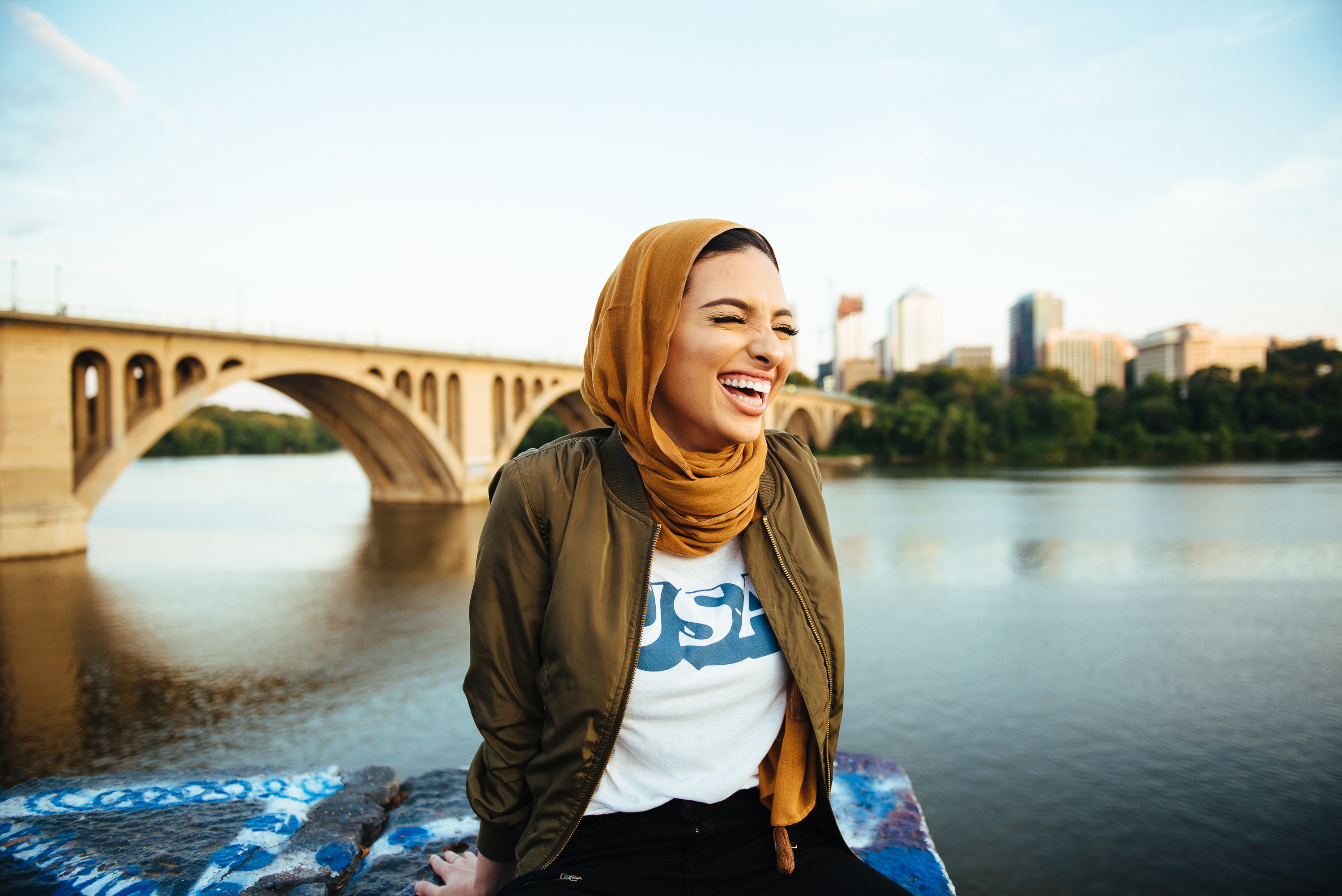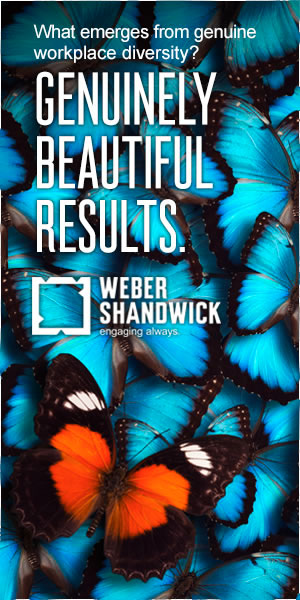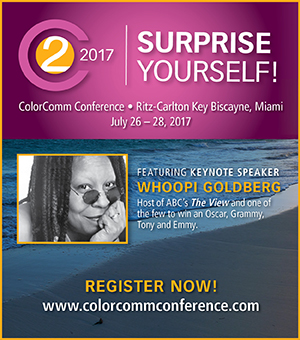Recently, most people have heard of journalist Noor Tagouri as the first woman to pose in Playboy wearing a hijab. The Libyan-American was named one of eight unconventional men and women who aren’t afraid to break the rules in Playboy’s first-ever “Renegades” issue, which was released in October.
According to the Sep 22 press release by Playboy, they chose 22-year-old Hijabi Muslim activist and Newsy journalist because of her determination to break down stereotypes.
Others on the list included actress and musician Sky Ferreira; retired pro skateboarder Jason Dill on surviving near-death; Stoya, a ballerina turned porn star; Against Me! founder Laura Jane Grace who reveals the challenges of being transgender in punk rock; comedian and Fresh Off the Boat writer Ali Wong on motherhood; Paul Beatty, one of America’s most daring writers who’s known to push societal boundaries and Sean Murray, founder of Hello Games and its ambitious video game No Man’s Sky, that delivers on the promise of endless exploration and adventure.
DIVERGE talked to Tagouri about her experience with Playboy, her aspirations, and her passion for journalism.
What was your reaction when they contacted you?
I was nervous and unsure if I should take the interview. I knew that Playboy had overhauled the look of the magazine and took out the nudity; that was great but it wasn’t enough. This wasn’t a decision that I could take lightly. I spent time talking to my family and mentors, praying about it, and asking the writers a ton of questions. While doing my research, I learned that the magazine was committed to putting social justice and cultural progress at the forefront of their mission. It may sound wrong and it may make you uncomfortable to associate Playboy with social justice and cultural progress, but that’s what I do. I break the rules, I allow myself to step out of my comfort zone and make people uncomfortable along the way. That personal “rebellion” is a form of honesty; it’s about being your most authentic self and living up to the meaning of Noor (“Light” in Arabic).
What was your family’s reaction?
They were skeptical at first and then when we talked about it and consulted others, they became incredibly supportive. I’m so grateful for that.
Certain people were angry that you chose to model with Playboy. Why?
I think a lot of people either haven’t read the interview or don’t know that Playboy doesn’t publish nudity anymore. I get why people are concerned. I know the history of the publication and I constantly talk about combating the objectification of women, so why not talk about it in a place that’s been known to do that? I also love that people are having conversations that they may not have had otherwise. I was less worried about people agreeing or disagreeing and more worried about them doing it in a respectful manner. I don’t really listen to the negativity but I took issue with my followers being attacked. Public humiliation, bullying, attacks…none of that is okay.
With all the events that have occurred recently, have you faced racism because of your hijab?
The most “racism” I’ve faced lately has been online. People online who send hate tend to be ignorant or bigoted and don’t really know what they’re talking about. So they angrily send hate and I just block them. Offline – it’s usually a mean or confused look once in a while. Right after the Paris attacks, my mom was with a friend, and this huge guy body slammed her and walked away, and she was just in shock not knowing how to react. I think things like that happen a lot where it’s something quick and you don’t realize until after.
How did you react to it?
The only thing I’ve reacted to is online, I usually block, or if I can use it as an example moment, I’ll respond, but I stay civil.
Why is being modest so important in Islam?
The religion stresses a lot about humility and valuing character more than anything, I think modesty is a part of that.
What would you say to people that says women don’t have rights in Islam?
That Islam was the first religion to give the amount of rights to women that it did. It’s the most feminist religion in my opinion. We had the right to vote, inherit, etc before anyone. Also – Islam came down during a time and in an area where women were treated horribly, and it came down to alleviate that and many other issues. Most people don’t realize how empowering the religion itself actually is toward women.
What is your advice for young girls, especially of a different ethnicity or religion, that want to break in to journalism?
Use what makes you unique to your advantage. You know what it’s like to feel different or not always feel represented, use that to relate to others and scope out important stories and how to tell them.
What is your dream as a journalist?
As long as I’m in a place where I can be myself, wear want I want, find stories I think are important, and give a voice to people, I’m living my dream. Right now, I’m doing exactly that. I can only hope to keep doing it on a bigger scale down the line!
Where do you see yourself in 10 years from now?
Hopefully working on my own tv doc style show, telling stories, traveling, and still speaking. Maybe even writing again. I’ve always wanted to publish a few books.


